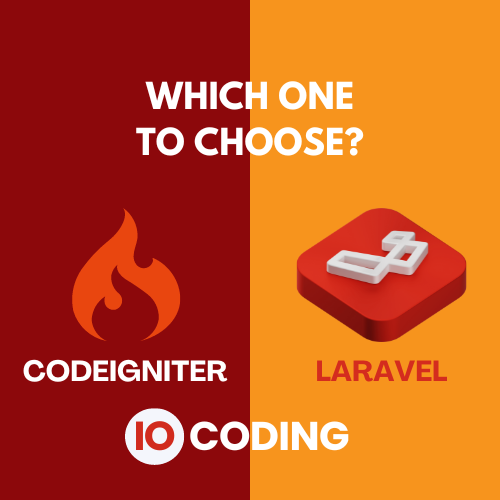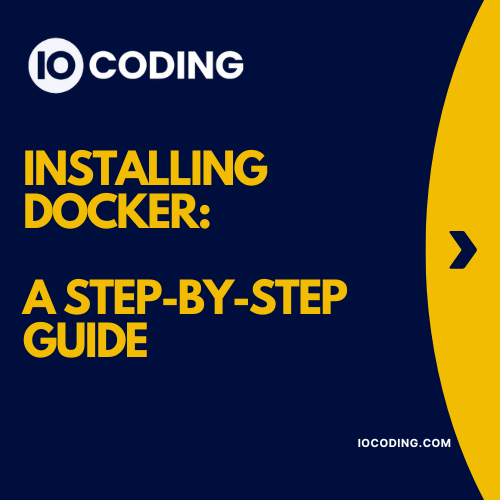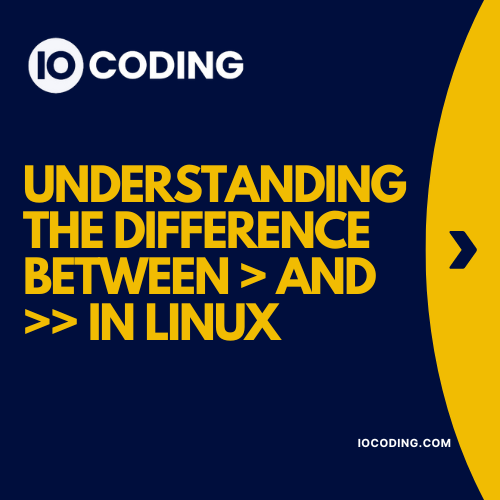Laravel vs CodeIgniter: A Comparison for Web Development
When it comes to web development, choosing the right framework is crucial for the success of your project. Two popular choices among developers are Laravel vs CodeIgniter. Both frameworks have their own strengths and weaknesses, and understanding their differences can help you make an informed decision. In this article, we will compare Laravel and CodeIgniter to help you choose the right framework for your web development needs.

Table of Contents
1. Introduction to Laravel
Laravel is a powerful and elegant PHP framework that follows the Model-View-Controller (MVC) architectural pattern. It provides a wide range of features and tools that make web development faster and more efficient. Laravel is known for its expressive syntax, robust routing system, and extensive documentation.
One of the key advantages of Laravel is its built-in support for modern PHP features, such as anonymous functions, namespaces, and traits. It also includes a powerful ORM (Object-Relational Mapping) called Eloquent, which simplifies database operations and makes working with databases a breeze.
2. Introduction to CodeIgniter
CodeIgniter is a lightweight PHP framework that is known for its simplicity and ease of use. It follows the MVC architectural pattern and provides a small footprint, making it ideal for small to medium-sized projects. CodeIgniter is known for its excellent performance and speed.
One of the key advantages of CodeIgniter is its small learning curve. It has a straightforward and intuitive syntax, making it easy for developers to get started quickly. CodeIgniter also has a comprehensive documentation that is well-organized and easy to understand.
3. Performance
Performance is a critical factor to consider when choosing a web development framework. Both Laravel vs CodeIgniter have their own performance characteristics.
Laravel, being a full-featured framework, may have a slightly higher overhead compared to CodeIgniter. However, Laravel compensates for this by providing powerful caching mechanisms and optimization techniques. It also includes a built-in queuing system, which can significantly improve the performance of your application.
On the other hand, CodeIgniter is known for its exceptional performance and speed. It has a small footprint and minimal dependencies, resulting in faster page load times. CodeIgniter also provides excellent database performance, making it an ideal choice for applications that require high performance.
4. Community and Ecosystem
The community and ecosystem surrounding a framework play a crucial role in its success and long-term viability. Both Laravel vs CodeIgniter have active communities and a wide range of resources available.
Laravel has a large and vibrant community, with numerous online forums, tutorials, and packages. The Laravel ecosystem is constantly evolving, with new packages and tools being developed regularly. Laravel also has a dedicated package manager called Composer, which makes it easy to manage dependencies and integrate third-party libraries.
CodeIgniter also has an active community, although it may not be as large as Laravel’s. There are plenty of online resources and tutorials available for CodeIgniter, and the framework itself has a rich set of libraries and helpers. CodeIgniter also has a package manager called Sparks, which allows you to easily install and manage third-party libraries.
5. Scalability
Scalability is an important consideration when choosing a web development framework, especially if you are building a large-scale application. Both Laravel and CodeIgniter have features that make them scalable.
Laravel provides a robust architecture that allows you to build scalable applications. It has built-in support for caching, queuing, and database sharding, which can help improve the scalability of your application. Laravel also supports horizontal scaling, allowing you to distribute the load across multiple servers.
CodeIgniter, although lightweight, can also be scaled effectively. It provides features such as caching, database replication, and load balancing, which can help improve the scalability of your application. CodeIgniter also supports vertical scaling, allowing you to upgrade your hardware to handle increased traffic.
Conclusion for Laravel vs CodeIgniter
Choosing the right framework for web development is crucial for the success of your project. Both Laravel and CodeIgniter have their own strengths and weaknesses, and understanding their differences can help you make an informed decision.
If you are looking for a powerful and feature-rich framework with a large community and extensive documentation, Laravel may be the right choice for you. On the other hand, if you prefer a lightweight and easy-to-use framework with excellent performance, CodeIgniter may be the better option.
Ultimately, the choice between Laravel vs CodeIgniter depends on your specific requirements and preferences. It is recommended to try out both frameworks and see which one suits your needs best. Whichever framework you choose, both Laravel and CodeIgniter can help you build robust and scalable web applications.
If you need any help or services for web development, feel free to contact us.



